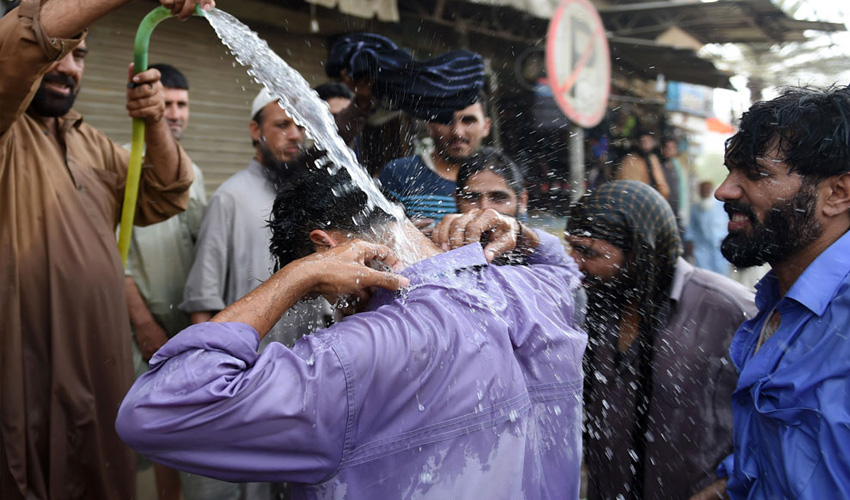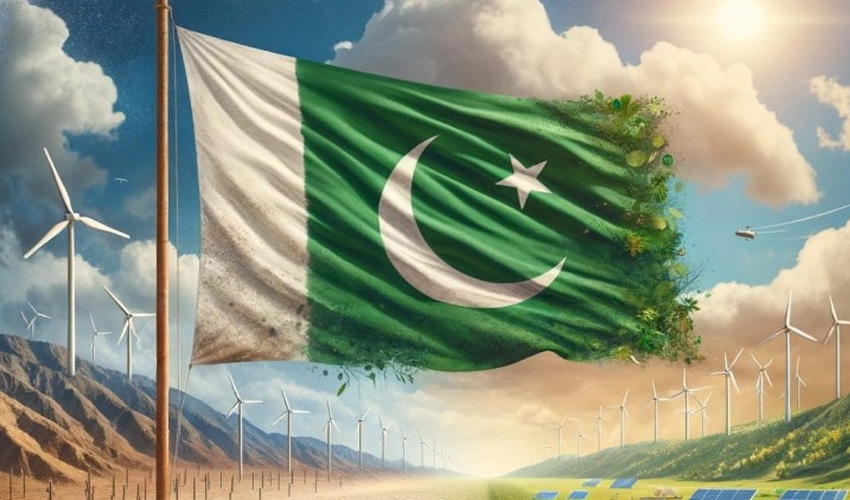Pakistan is currently grappling with severe heatwaves that have swept across the country since May, bringing temperatures soaring above 50°C in some regions. The scorching heat has not only rendered air conditioners and refrigerators less effective but has also raised concerns about the safety and well-being of the population, particularly vulnerable groups like daily wage earners and laborers who endure the sun's blistering rays to earn a livelihood.
The recent heatwaves have had devastating effects across the region. In neighboring Saudi Arabia, over 500 deaths were reported during the annual Hajj gathering due to extreme heat, highlighting the lethal consequences of such temperatures. In India, dozens of fatalities have also been recorded as a result of the intense heat. While Pakistan has not seen fatalities on the same scale, there has been a notable increase in heatstroke cases, underscoring the urgent need for measures to protect public health.
Govt response and accountability
Government officials have largely attributed these heatwaves to climate change, categorizing them as natural catastrophes beyond human control. However, critics argue that much of the extreme heat can be attributed to human activities, such as deforestation for urban expansion and inadequate urban planning that prioritizes concrete over green spaces. The lack of effective policies to mitigate the impact of heatwaves on vulnerable populations at home has further exacerbated the crisis.
Sustainable solutions for Pakistan
To address the recurring challenge of extreme heatwaves, Pakistan must adopt proactive and sustainable measures:
1. Nationwide tree plantation drive
A comprehensive tree plantation initiative is crucial to combat rising temperatures. Beyond symbolic gestures, this drive should involve long-term planning and community engagement to ensure sustainable growth and preservation of green spaces.
2. Green building designs
Architects and urban planners need to prioritize sustainable building designs that incorporate natural cooling systems, use reflective materials, and maximize green spaces. This approach can mitigate urban heat islands and improve indoor comfort during extreme weather events.
3. Energy efficiency
Promoting energy-efficient appliances and building standards can help reduce electricity consumption and lower carbon emissions. Government incentives and public awareness campaigns are essential to encourage adoption of these technologies.
4. Public health and safety measures
Authorities should establish cooling centers and relief camps equipped with cold drinking water and medical supplies, particularly in areas prone to prolonged power outages. These facilities are critical in safeguarding vulnerable populations, including the elderly, children, and outdoor workers.
Looking ahead, Pakistan must prepare for more frequent and intense heatwaves in the coming years. While adaptation measures are vital for immediate relief, addressing the root causes of climate change remains paramount. Advocating for policies that reduce greenhouse gas emissions, promoting sustainable agricultural practices, and engaging in international climate agreements are crucial steps towards mitigating the long-term impacts of global warming.
In conclusion, the extreme heatwaves gripping Pakistan demand urgent and coordinated action at all levels of society and government. From planting trees to redesigning urban landscapes and promoting energy efficiency, there are multiple avenues for mitigating the effects of extreme temperatures and safeguarding public health. By embracing sustainable practices and fostering resilience, Pakistan can navigate the challenges posed by climate change and ensure a safer, more sustainable future for its citizens.



























